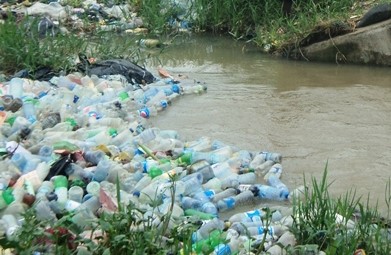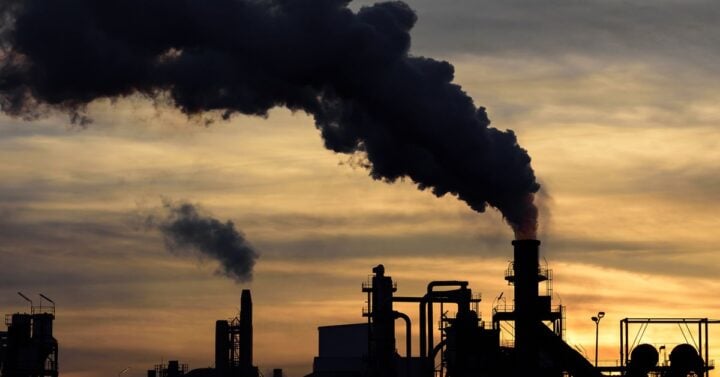Emission from a plant
A recent report has found that up to 61,000 persons died from heat waves in Europe in 2022.
Human activities are driving up emissions of greenhouse gases leading to extreme rises in global temperatures which in turn is causing an increase in the frequency and intensity of heat waves.
The report published on Monday in the Nature Medicine journal found that an estimated 61,672 people died from heat waves-related illnesses, including heat stroke, seizures, cardiovascular and respiratory diseases.
The deaths occurred from late May to early September 2022 across 35 European countries. The highest death rates were recorded in Greece, Italy and Spain.
Advertisement
According to the report, Italy had 18,010 deaths followed by Spain with 11,324, and Germany having 8,173.
“We aimed to quantify heat-related mortality burden during the summer of 2022, the hottest season on record in Europe,” the report reads.
“We analyzed the Eurostat mortality database, which includes 45,184,044 counts of death from 823 contiguous regions in 35 European countries, representing the whole population of over 543 million people.
Advertisement
“We estimated 61,672 heat-related deaths in Europe between 30 May and 4 September 2022.
“Italy (18,010 deaths), Spain (11,324 deaths) and Germany (8,173 deaths) had the highest summer heat-related mortality numbers.”
The researchers said the high death rates show that European countries’ preparedness for climate change is falling short, and needs strengthening.
SEA SURFACE TEMPERATURE RISING AT ALARMING RATE
Advertisement
As temperatures continue to rise, the land surface is not the only place burning, the ocean surface is also experiencing an unprecedented peak in hotness.
In a Twitter post on Monday, the World Meteorological Organisation (WMO) said the world experienced the hottest June on record last month.
“The world just had the hottest week on record, according to preliminary data. It follows the hottest June on record, with unprecedented sea surface temperatures and record-low Antarctic sea ice extent,” WMO tweeted.
The organisation warned that the ocean is warming and absorbing more energy which would impact fisheries distribution and ocean ecosystems.
Advertisement
“When you have a tropical cyclone, everything is affected on the shores, including fisheries, but also inland,” said Omar Baddour, WMO head climate monitoring and policy services division.
“With heavy precipitation that could lead to casualties, displacement of populations, and so on. So, if we say that it is a dramatic change, that also means a dramatic likelihood of extreme weather and climate events,” he added.
Advertisement
Add a comment






